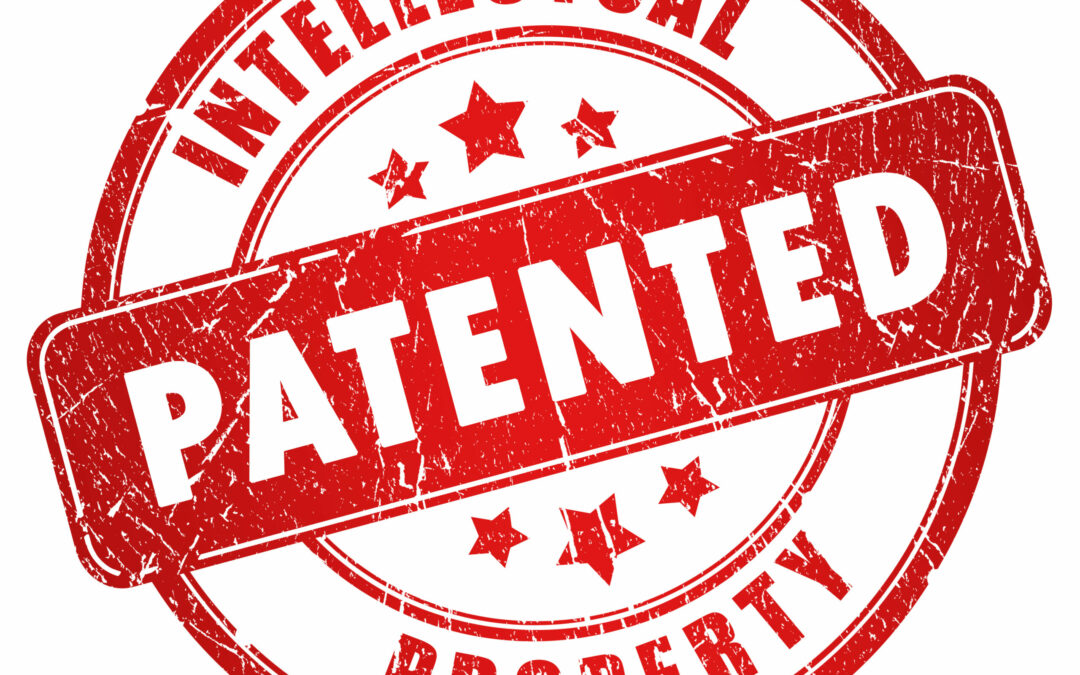A patent is an exclusive right granted for an invention, a product, or a process that provides a new way of doing something or offers a new technical solution to a problem.[i] The government issues a patent upon an application stating the extent of intellectual property owned and sought to be protected.
Upon the grant of the patent, the holder of the patent is bestowed the exclusive right to exclude others from dealing with his invention without his permission. The right to a patent concerning an invention is vested in a person known as the statutory inventor.[ii] The statutory inventor is the person who, whether or not he is the true inventor, is the first to file or validly claim a foreign priority for a patent application regarding the invention.
Under Nigerian law, an invention is patentable if it is new or constitutes an improvement upon a patented invention, results from the inventive activity, and is capable of industrial application.[iii] Where these requirements are present, the invention would be eligible for the grant of a patent. The question then arises whether software-based inventions are patentable under Nigerian law.
PATENTABILITY OF SOFTWARE-BASED INVENTIONS IN NIGERIA
The software consists of the entire set of programs, procedures, and routines associated with the operation of a computer.[iv] Software is a component usually within a more extensive system made to operate with the hardware in the external system. Software is usually used to make, manufacture, or process an apparatus. For example, it performs a technical function controlling a phone, computer, car, machine, or other electronic appliances.
Under Nigerian law, copyright protects computer programs as literary works but does not protect the functional elements of the software. This is where patents come in. Section 6(1)(b) of the Patents and Designs Act (‘PDA’) provides that a patent can be granted in respect of a process, and the patentee has the right to preclude any other person from applying the procedure in respect of a product obtained directly using the method. Accordingly, the functional elements of software can be registered as a patented process.
However, for software to be a patented process, it must satisfy the requirement of novelty, originate from inventive activity, and be capable of industrial application. Article 27(1) of the Agreement on Trade-Related Aspects of Intellectual Property Rights (TRIPS Agreement) provides that patents shall be available for any invention, whether products or processes in all fields of technology, provided that they are new, involve an inventive step and are capable of industrial application. The TRIPS agreement does not allow the exclusion of software in general from patentability. Thus, software-based inventions can be registered as a process under the PDA.
PATENTABILITY OF SOFTWARE-BASED INVENTIONS IN OTHER JURISDICTIONS
In the United States, patent protection for software-based inventions is limited to those on recordable media, not computer programs. In the United Kingdom, patent protection may be granted for new, inventive software that can be used in industry.[v] Although the UK Patents Act 1977 excludes computer programs from patent protection, a patent may be granted to computer programs or software if, after assessment of its novelty, it is found to make a technical contribution to what is already known.[vi]
In China, software programs are patentable if they solve a technical problem, adopt a technological measure, and achieve a technical effect.[vii] Under Article 2(3)(i) of Japan’s Patent Act, computer programs are referred to as patentable subject matter. The Act states that the claimed subject matter must be recognized as a “creation of technical ideas utilizing the law of nature” to qualify as a patentable invention. According to the Examination Guidelines of the Japan Patent Office, a claim for a software-related creation must demonstrate that software and hardware resources work cooperatively to be eligible for a patent grant.[viii]
CONCLUSION
Software is one of the most common technology tools widely used to augment business processes today. Therefore, they require a more dependable form of protection to enable developers to enjoy the benefits of their inventiveness and promote industry creativity. Thus, protection under patents is more attractive than other alternatives like copyright and trade secrets because the greater chances for success at trial provide greater confidence in the scope and validity of the protection afforded by patents. However, it is essential to note that the application must be drafted correctly for software to be effectively patentable.
[i] WIPO, Patents https://www.wipo.int/patents/en/ Accessed March 20, 2023
[ii] Section 2 of the Patent and Designs Act
[iii] Section 1 of the Patent and Designs Act
[iv] Britannica, Software https://www.britannica.com/technology/software Accessed March 20, 2023
[v] Bisola Scott, Intellectual Property Protection for Software Rights in Nigeria https://spaajibade.com/intellectual-property-protection-for-software-rights-in-nigeria/?utm_source=mondaq&utm_medium=syndication&utm_term=Intellectual-Property&utm_content=articleoriginal&utm_campaign=article#_ftn28 Accessed March 20, 2023
[vi] Patent Protection for Software in the UK – A Practical Approach”, available at https://www.elkfife.com/news-and-views/2016/03/02/software-patents-in-the-uk, accessed on July 14, 2019.
[vii] Li Hui, “Patent eligibility for software in China”, available at: https://www.vantageasia.com/china-patent-eligibility-software/, accessed July 14, 2019
[viii] WIPO. Patent Protection for Software-Implemented Invention https://www.wipo.int/wipo_magazine/en/2017/01/article_0002.html Accessed March 20, 2023
Written by Omolumo Adeife for The Trusted Advisors
Email us: [email protected]

